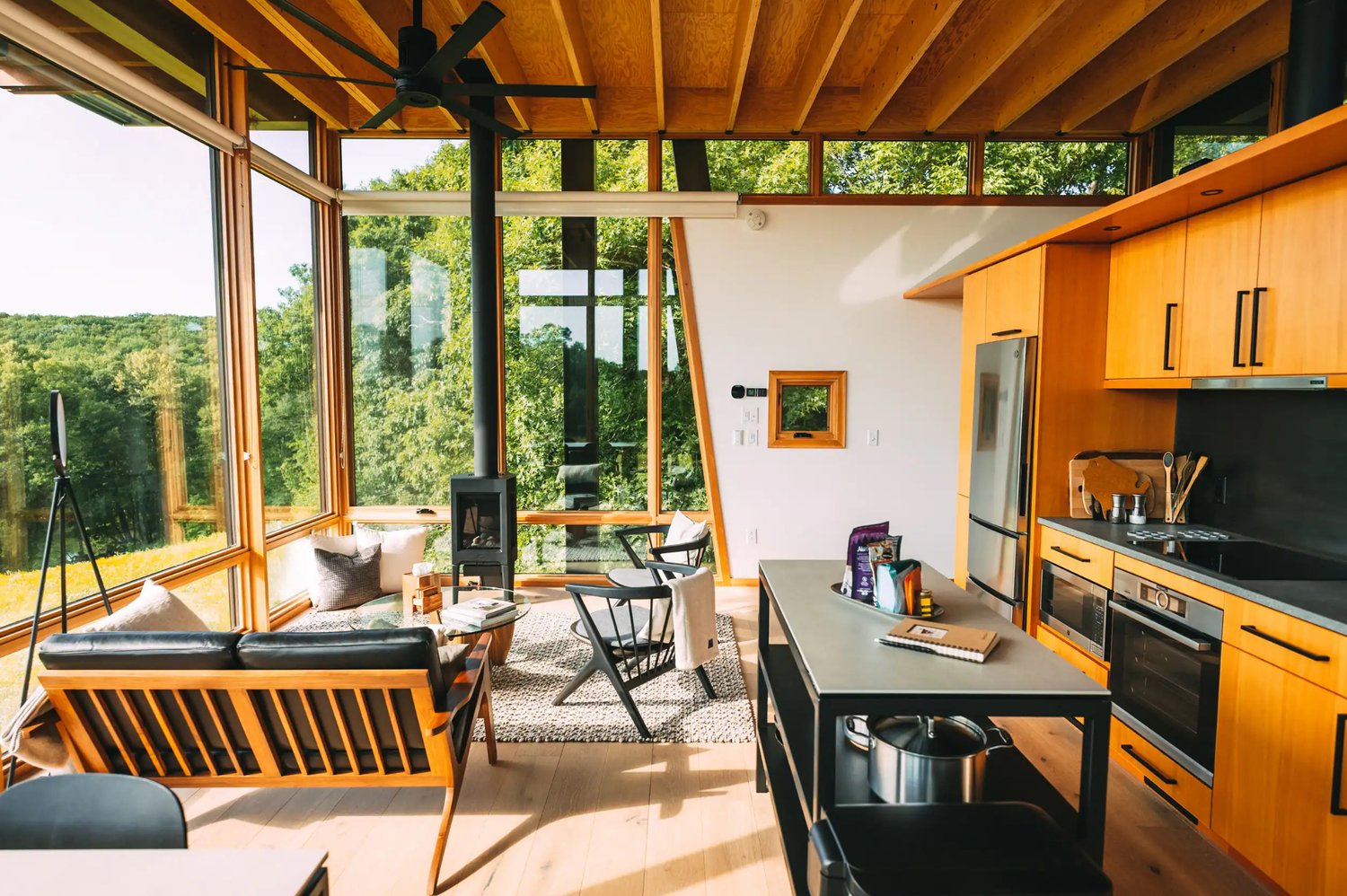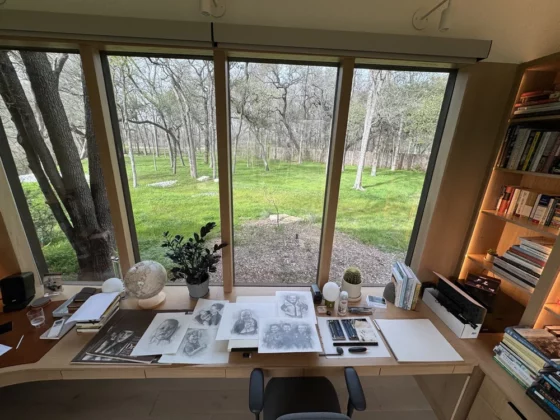
This week, I found myself talking with an Airbnb arbitrage operator—let’s call him Gary. Great guy, but his approach to hospitality is a world apart from mine.
We debated the future of the industry. Gary believes 80% of accommodations will remain “commodity-style,” with only 20% being unique and experiential.
I take the other side of this bet.
But this raised a question: What exactly makes a stay “experiential”?
The Rising Bar for Guest Experience
Across the board, guest expectations are soaring.
Whether it’s a place to stay, eat, shop, or hire a service, the bar is no longer just about convenience, function, or even “uniqueness” or “luxury”—it’s about how people feel.
To attract and retain these guests, you must care about creating an emotional connection. You must care about them.
Even commodity-style “heads-in-beds” stays can (and must) evolve to meet this rising standard.
So I asked Gary about his check-in process for these urban units. His answer?
“Guests get an address and a code, follow instructions to the room, unlock door, and they’re set.”
No welcome note, no gift, no meaningful interaction. Purely transactional.
“How would you experientialize that?” He asked. ”It’s perfectly efficient.”
Even A Little Care Goes A Long Way…
My suggestion was simple: a small but thoughtful, well-crafted welcome kit that housekeeping could assemble and leave for each guest. This could include:
-
A handwritten postcard with the guest’s name and a warm message
-
A couple locally-sourced snacks or a freshly baked cookie
-
A short, fun brochure with local tips, anecdotes, and maybe a pinch of history.
I bet this would make a massive impact. A transaction transformed into an experience.
Gary lit up: “I could really do that.”
Of course, this is just the basics. He could also:
-
Upgrade interior design, add plants, art, unique decor to create a theme, craft a story.
-
Develop a rooftop, patio or courtyard to encourage connection
-
Refine automated messaging, train his messaging, housekeeping, and maintenance staff to better embody hospitality
Or perhaps he could pivot models entirely and go all-in on nature-immersive stays, micro-resorts, floating homes, treetop lookouts, or the like. That’s the gold-rush!
But the bottom line is, anyone can infuse a little care and customization into their product or service (or commodity stay in this case) and turn it into an experience.
So, What Defines an Experience?
Experiences are inherently personal. They happen inside us as a reaction to the environment crafted outside us.
At the end of the day, hospitality is about making people feel special and authentically cared for. True hospitality is an experience, and even one touch point can speak volumes: “We care about you.”
That’s an experience worth giving.
So, to those on the other side of Gary: don’t get distracted by the idea that stunning architecture or one-of-a-kind settings are the key ingredients to an amazing experiential hospitality concept. These are great, but they merely set the stage. Care is the script.
I made a 60-second video about Nordlys—a perfect example of this which I also recently wrote about.





